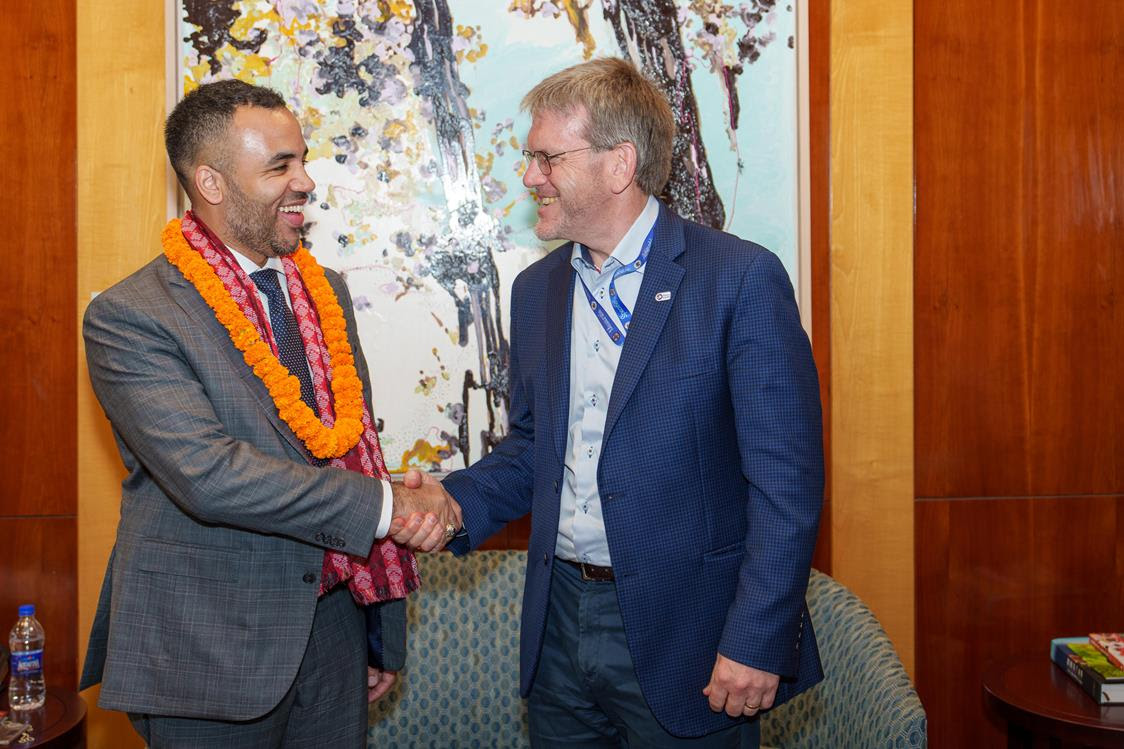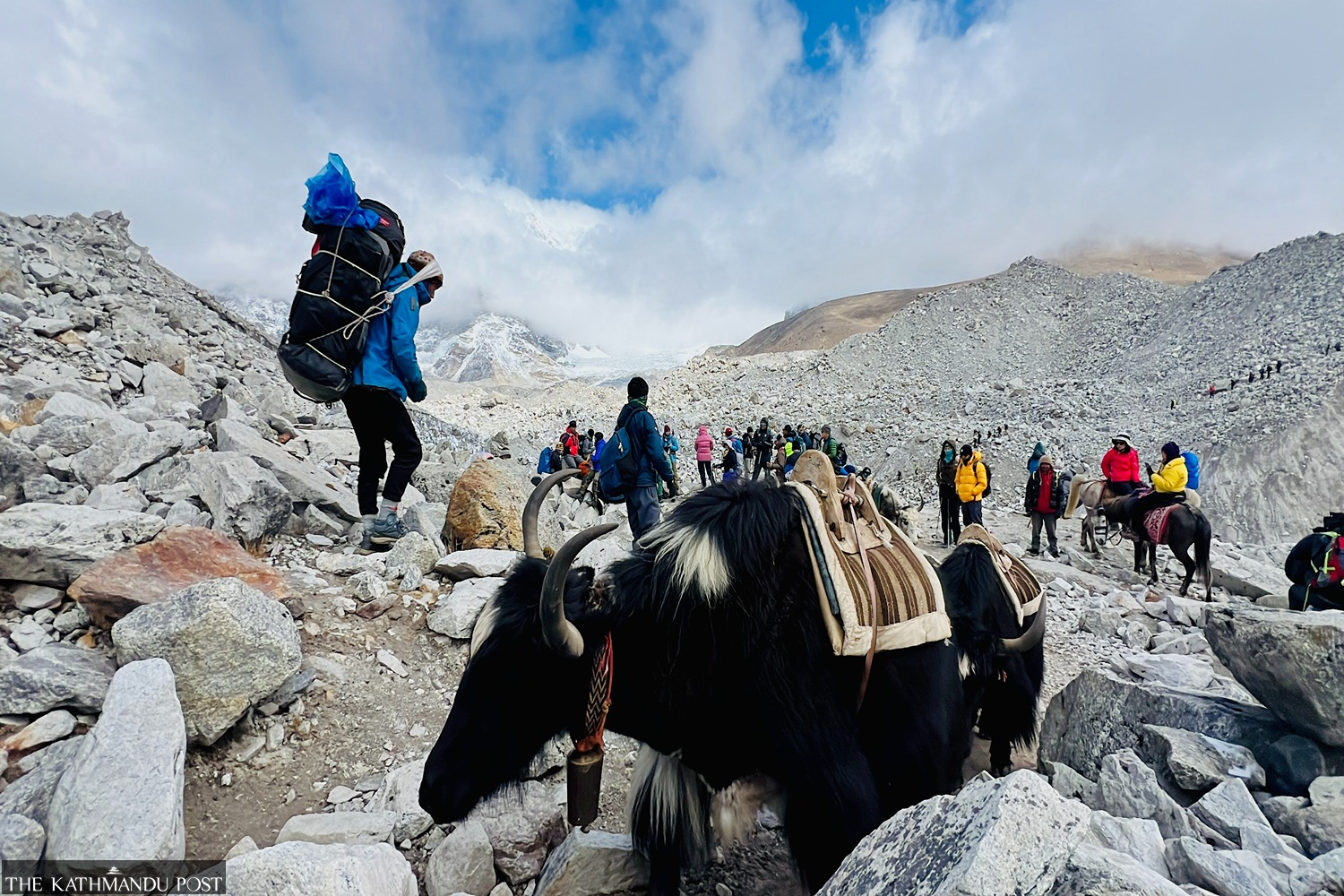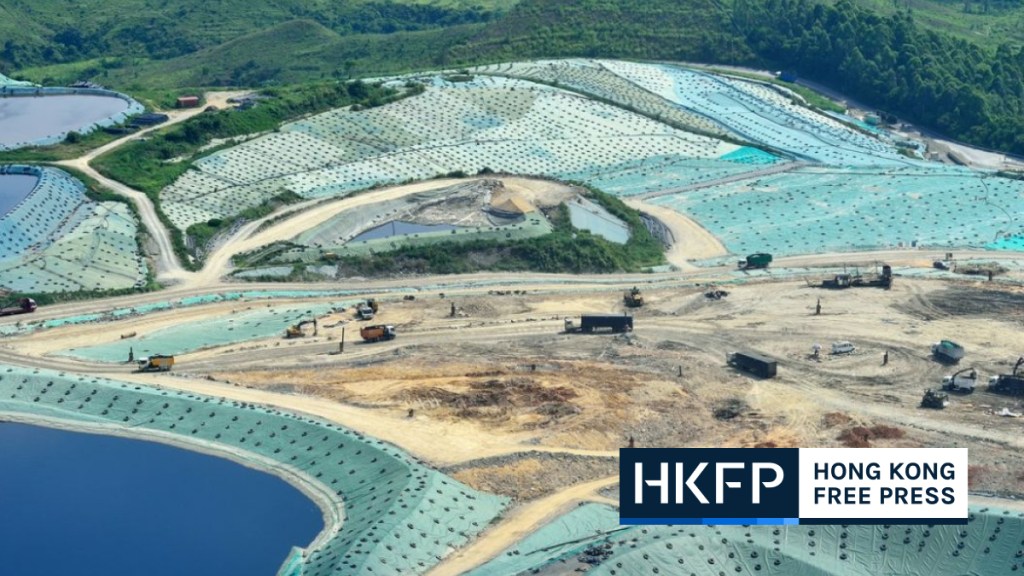How do you observe Nepal's tourism industry and its growth potential?
The current tourism industry scenario is extremely positive. The month of May witnessed an increase in overall tourist arrivals reaching pre-pandemic levels. All hotels in the Kathmandu Valley are doing extremely well with regard to occupancies. It is great to see that all sectors associated with tourism are back on track. Nepal, however, is facing a challenge to retain skilled manpower. Lack of skilled manpower and brain drain has always been a challenge here. It is not a recent occurrence. While opening the hotel, we had foreseen this. To stop the brain drain, we have come up with various incentive schemes to keep them motivated. Also, the constant training being conducted has been helpful in creating meaningful relations with all trainees. The idea is always to connect with colleagues on a one-on-one basis to understand what they require. The future of the hotel industry in Nepal looks extremely promising. With proper development of infrastructure, Nepal, being a beautiful country, possesses tremendous potential for growth. I believe that the industry has a bright future ahead which is confirmed by the number of international hotel chains entering the market.
There are several luxury hotel chains in Nepal now. What is your strategy to compete with global brands?
Our strategy to compete with global luxury hotel chains entering the Nepali market is multi-faceted. First and foremost, we at Hyatt put ‘care’ at the heart of the business. We operate in a way where coworkers become friends who, in turn, care for our guests. We are committed to providing exceptional service without compromising on quality and standards as per international standards.
Additionally, we strongly believe in the well-being of our colleagues and guests. The Hyatt revolves around caring for our people so that they can be at their best. By prioritizing the satisfaction and comfort of both our team members and guests, we create an environment that sets us apart from competition. I also feel that the addition of many hotel chains coming into the market would provide a fair ground for all hoteliers to think out of the box and do things differently. It's high time that we challenge the status quo in Nepal and change how things were done before. After all, any competition is good. Competition is always beneficial for the growth and success of any industry, including the hotel industry. Without competition, I believe the market would not flourish. I perceive competition in a positive manner as it encourages innovation, enhances customer service, and drives hotels to constantly improve their offerings to stay ahead in the market.
Although there has been a rise in the number of hotels, the tourist arrivals figure has not kept pace. What should Nepal do to increase tourists?
I would recommend that both the government and the private sector should concentrate on enhancing tourism-related infrastructure and implementing an effective marketing plan in order to increase tourist arrivals. Another area for improvement would be with regard to increasing the flight frequencies and decrease in fares between prime travel cities. There, however, has been a growth in domestic tourists. We have implemented several strategies to attract domestic tourists. We are organising a wide range of promotions, focused on food, by bringing in internationally-renowned chefs and hosting events featuring international DJs. We believe that these initiatives will enhance the overall experience for our domestic guests.
How has the ongoing economic slowdown affected the hotel industry? What’s your view regarding the new luxury tax imposed by the government?
The current economic slowdown has had a noticeable impact on our industry. The industry has observed a decrease in business for ‘outlets and events’ compared to projected numbers. However, that is mitigated by international travellers spending more at hotels. I believe it is beneficial for high-end hotels and resorts to contribute to a luxury tax, provided that the tax revenue is utilized appropriately and for the advancement of the hospitality industry and the betterment of the overall infrastructure.











 English (US) ·
English (US) ·